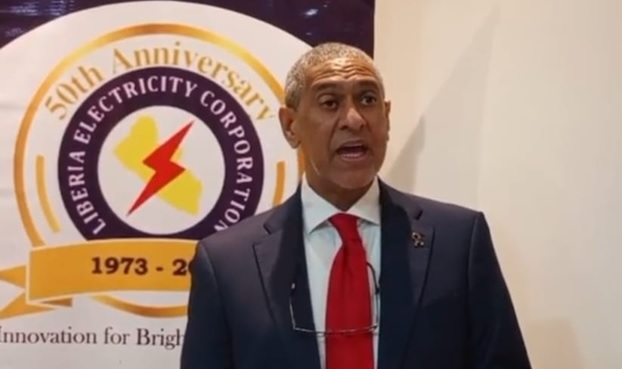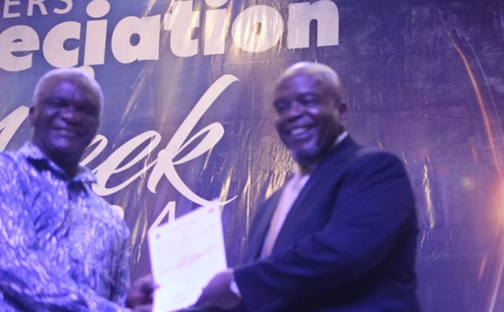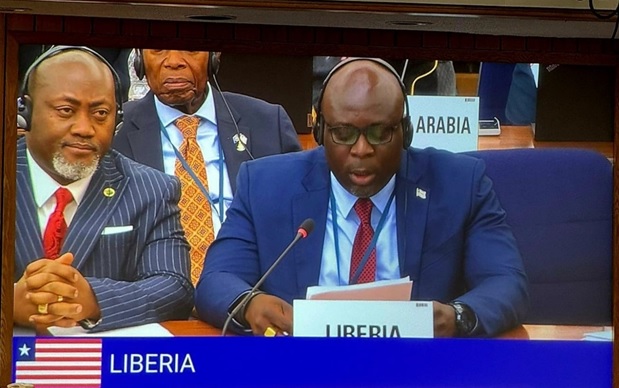MONROVIA, LIBERIA – Monie R. Captan’s tenure as Chief Executive Officer (CEO) of the Liberia Electricity Corporation (LEC) officially ended on November 30, 2024. Appointed in July 2022, Captan faced mounting criticism for failing to address Liberia’s chronic electricity challenges effectively, despite managing substantial government and international funding. His departure has intensified calls for transparency regarding LEC’s financial practices and resource allocation.
From the outset, Captan was tasked with tackling Liberia’s electricity supply issues and unreliable infrastructure. However, critics contend that despite receiving significant funding—such as $314 million from the International Development Association (IDA), $103 million from the African Development Bank (AfDB), and $257 million from the Millennium Challenge Corporation (MCC)—his leadership yielded insufficient progress. Calls for greater financial accountability grew louder as public dissatisfaction over power outages and high electricity costs persisted.
The Liberian People’s Party (LPP), led by Chairman J. Yanqui Zaza, became one of Captan’s fiercest critics, demanding the release of LEC’s audited financial statements for 2015–2023. Citing Liberia’s 2010 Freedom of Information Act, the LPP argued that Liberians deserved a detailed account of how funds were managed. Zaza emphasized that without financial clarity, the public could not assess whether resources had been used effectively to address the nation’s energy crises.
Senator Edwin Melvin Snowe, Jr., Chair of the Senate’s Hydrocarbon, Energy, and Environment Committee, also expressed frustration with LEC’s lack of transparency. Snowe criticized Captan for bypassing Senate oversight when proposing a tariff increase to the Liberia Electricity Regulatory Commission (LERC). He emphasized the need for broader consultation and accountability in decisions affecting the country’s energy costs and infrastructure.
LERC joined the transparency campaign, demanding documentation supporting the tariff increase proposal and organizing public hearings to allow citizens and stakeholders to voice concerns. These actions reflect growing discontent over LEC’s financial management and operational inefficiencies.
In his defense, Captan highlighted several accomplishments, including restoring thermal generators at Bushrod, which added 28MW to Liberia’s energy supply, and securing an agreement with Côte d’Ivoire’s CIE/CI Energies for 27MW during the 2023 dry season. LEC’s total energy supply reportedly increased from 56MW in 2022 to 107MW by mid-2023, with energy production reaching over 460,000MWH in 2023 compared to 275,000MWH in 2022.
Financially, LEC reduced its annual losses from $27.2 million in 2022 to $18.3 million in 2023, with projections of further reductions in 2024. Revenue also grew, rising from $24 million in 2022 to a projected $68 million by the end of 2024, driven by measures such as reducing commercial losses and tackling power theft. Despite these improvements, high operating costs and reliance on expensive imported energy continue to strain LEC’s financial stability.
Critics remain unconvinced by Captan’s defense, pointing to persistent power outages, unreliable service, and unaffordable electricity as signs of systemic failure. Public frustration has fueled demands for transparency and raised questions about the effective use of financial resources.
As Captan exits, the Boakai administration faces the challenge of rebuilding public trust in Liberia’s electricity sector. Upcoming public hearings by LERC and scrutiny of LEC’s financial records will be critical in determining the path forward. Whether Captan will face legal action for alleged mismanagement remains uncertain, but the public’s demand for accountability is unlikely to fade.







